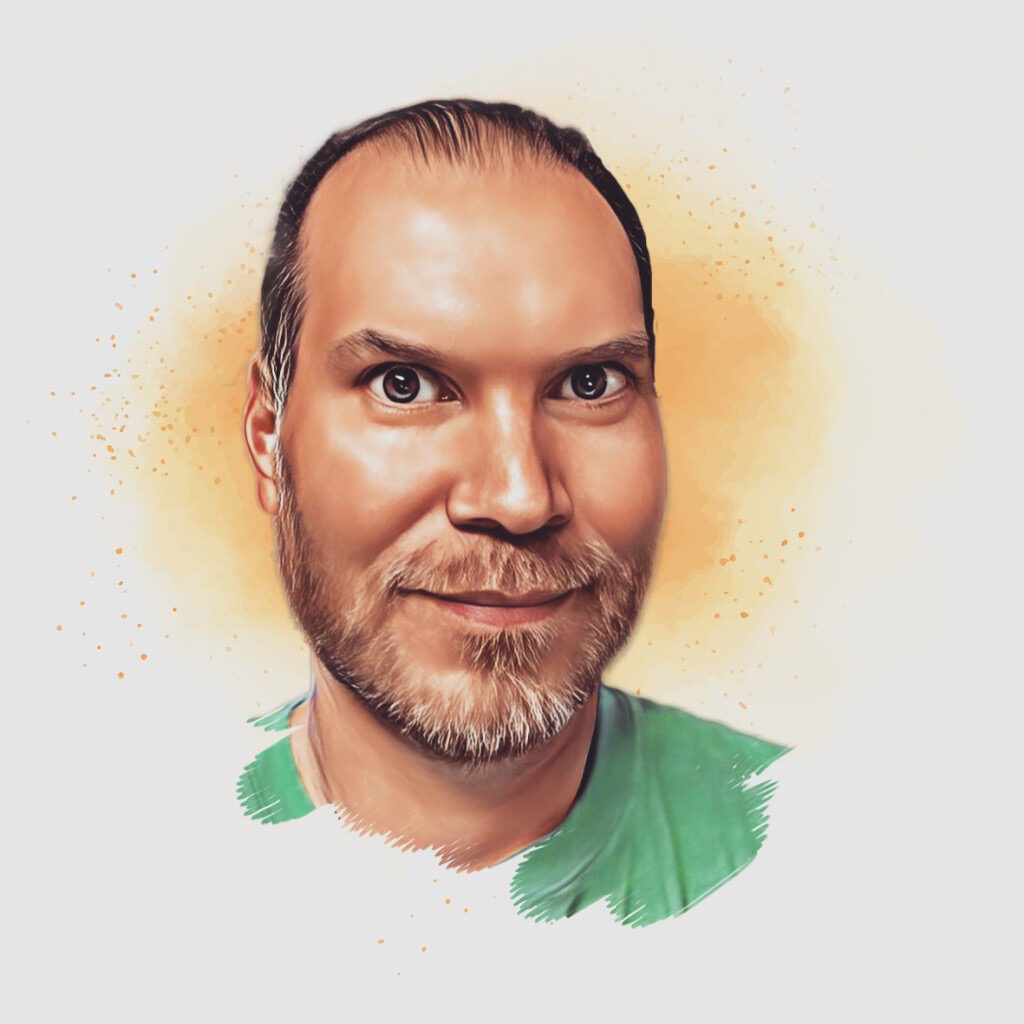Well, I’m still working on my new blogs based on personal finance and
technology. So far, I have about 20 posts planned out for the personal finance one, but I haven’t touched the technology one yet. I’ve been toying with writing my own blog engine for the technology one – not because there aren’t good blog engines out there, but more as a learning exercise (and it would use some of the newer .Net features that the other blog engines haven’t used yet). I’m not sure if I’m going to do that now or not…
I have maybe 3 personal finance posts written, but still need to proofread them before I make them public. My original plan was to not post anything on the personal finance site until I have about 14 posts ready to go so I can queue them up and start writing the next week or two worth of posts. That’s still my plan as of right now, but this is going to be harder than I imagined as far as keeping fresh content coming out. My target is to have one new article a day during the week. I just have to figure out a rhythm and then hopefully it’ll get easier, but I guess we’ll see.
I may go ahead and start the tech site as well with a series of posts about building a new blog engine. I’m not sure that I want to do that or not, but it may be useful and having feedback on the design as I go along would be helpful. Just have to find the time to do that too.
I’ve also been trying to get back into the habit of taking more photos and getting a little photoblog up and running, but I think that one is on the back burner for now. Just not enough time to do everything.
